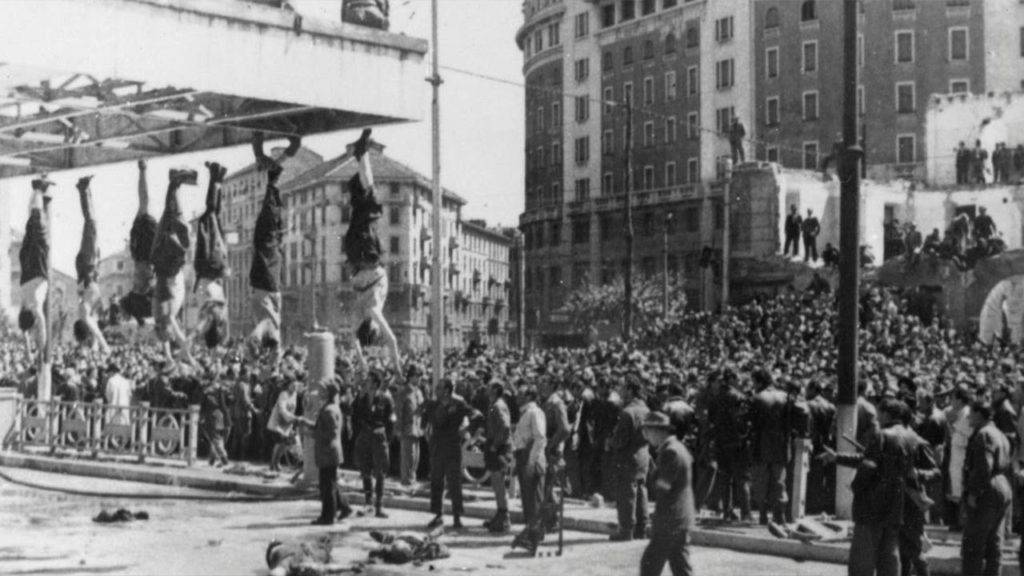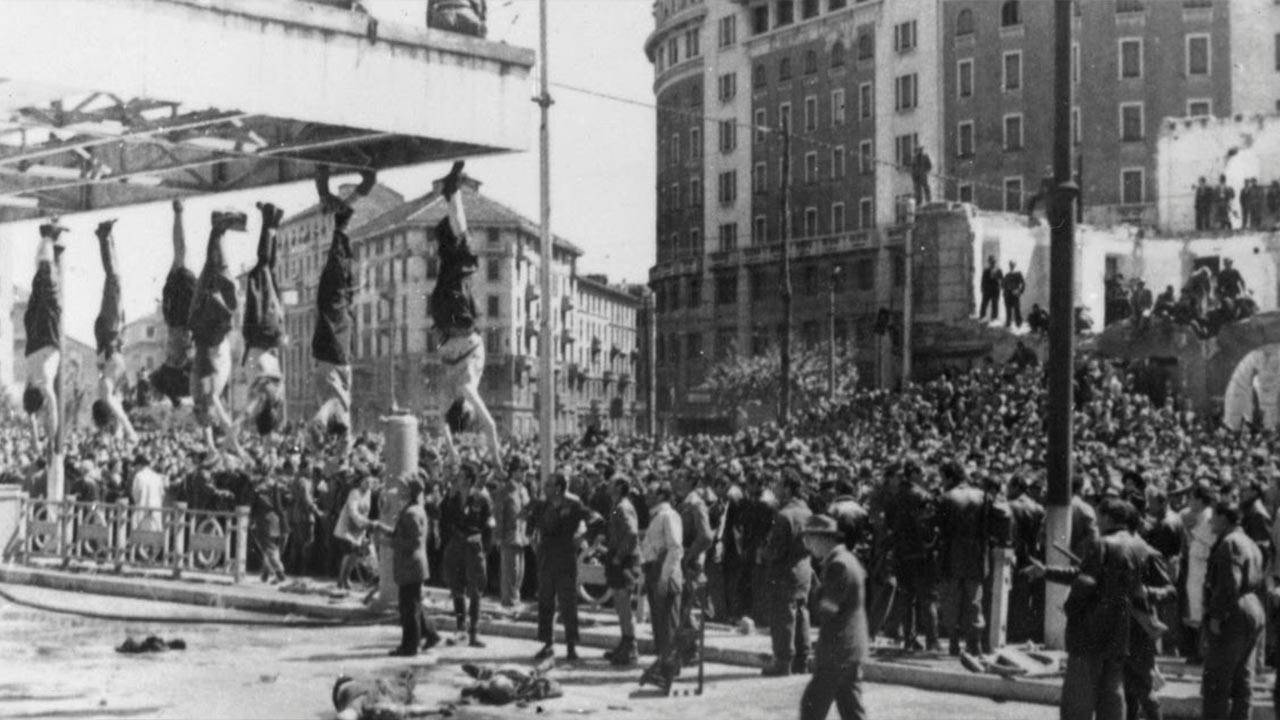How Did Benito Mussolini Dead : Benito Mussolini was an Italian politician, journalist, and leader of the National Fascist Party, who rose to power in the 1920s as the Prime Minister of Italy. He was a key ally of Adolf Hitler during World War II, and his fascist regime caused much suffering in Italy and around the world.
However, Mussolini’s reign came to an end in April 1945 when he was captured by Italian partisans and executed. In this article, we will explore the death of Benito Mussolini and the circumstances surrounding his execution.

Table :
| Name | Benito Mussolini |
|---|---|
| Birth | July 29, 1883 |
| Death | April 28, 1945 |
| Profession | Politician, Journalist |
Benito Mussolini Cause of Death:
Benito Mussolini, the Italian dictator, was one of the most prominent leaders during World War II. He was a key ally of Adolf Hitler and was known for his fascist policies. However, Mussolini’s reign came to an end in April 1945 when he was captured by Italian partisans and executed. In this article, we will delve into the cause of death of Benito Mussolini and how he died.
The Death of Benito Mussolini On April 27, 1945, Mussolini was executed by Italian partisans in the small town of Giulino di Mezzegra in northern Italy. He was captured with his mistress, Claretta Petacci, while trying to flee to Switzerland. Mussolini was immediately taken into custody and was shot alongside his mistress the following day. The execution was carried out by a group of Italian partisans who were opposed to Mussolini’s fascist regime.
According to eyewitness accounts, Mussolini and his mistress were shot multiple times, and their bodies were then hung upside down from a metal girder at a petrol station in Milan. The brutal act was a symbolic message to the Italian people that the fascist regime had finally been defeated.
How Did Benito Mussolini Die?
The Story Behind Il Duce’s Last Moments The story behind Mussolini’s death is a complex one, with several conflicting accounts. Some reports suggest that Mussolini was given a chance to escape by his captors, but he refused, insisting that he would rather die than be captured alive. Others claim that Mussolini’s execution was ordered by the Italian government in a desperate attempt to regain control of the country.
One of the most widely accepted accounts of Mussolini’s death is that he and his mistress were taken to a nearby villa, where they were held captive for the night. The following morning, they were led outside and executed by a firing squad. Mussolini’s body was then transported to Milan, where it was put on display for the public to see.
The Legacy of Benito Mussolini Despite his brutal regime, Mussolini is still remembered by some as a charismatic leader who brought stability to Italy during a time of great uncertainty. He was known for his nationalist and fascist policies, which aimed to create a powerful, unified Italy. However, his legacy is tainted by his collaboration with Hitler and his atrocities committed during World War II.
Today, Italy is a democracy, and fascism is widely condemned across the world. Mussolini’s legacy serves as a reminder of the dangers of authoritarianism and the importance of protecting democratic values.
Frequently Asked Questions (FAQ’s) :
Q: Was Mussolini’s execution lawful?
A: No, Mussolini’s execution was not lawful. He was not given a fair trial and was executed without due process.
Q: Who ordered Mussolini’s execution?
A: Mussolini’s execution was carried out by Italian partisans who were opposed to his fascist regime.
Q: Why was Mussolini executed?
A: Mussolini was executed because he was seen as a symbol of the fascist regime that had caused so much suffering in Italy and around the world.
Q: Was Mussolini a popular leader in Italy?
A: Mussolini was initially a popular leader in Italy, but his popularity waned as he became increasingly authoritarian and his regime became more oppressive.
Q: What was Mussolini’s role in World War II?
A: Mussolini was a key ally of Adolf Hitler during World War II and led Italy into the war on the side of the Axis powers.






